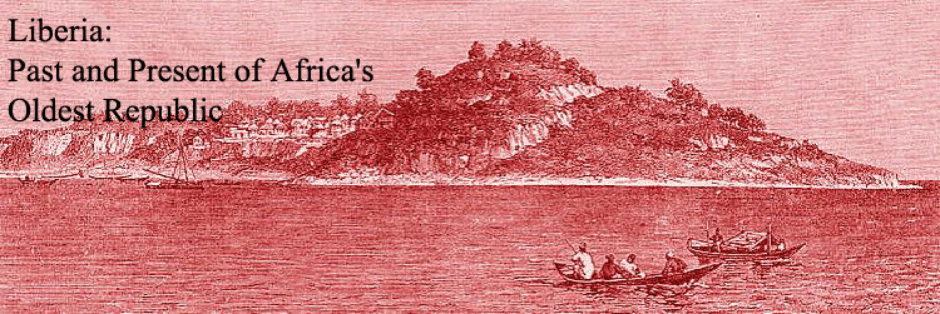This afternoon I went to the VU University Amsterdam to attend the inaugural speech of one of the recently appointed Desmond Tutu Professors of VU University Amsterdam. Four Professors were installed and presented during the launch of the Desmond Tutu Programme on December 4 last year, with Archbishop Desmond Tutu himself addressing the audience. Today, Desmond Tutu Professor Stephen Ellis delivered his inaugural speech entitled ‘South Africa and the Decolonization of the Mind’. The Desmond Tutu Programma’s themes are Youth, Sports and Reconciliation and each of the four Chair Holders deals in his address with these themes from the perspectives of their respectives disciplines and expertise in which processes of reconciliation in South Africa are contextualized.
Liberian readers and other followers of Liberian affairs know Dr. Stephen Ellis from his well-known book ‘The Mask of Anarchy. The Destruction of Liberia and the Religious Dimension of an African Civil War’ (New York University Press, New York) but apart from Liberia, he also is an expert on Nigeria, Madagascar and South Africa.
The main message of Prof. Ellis address was: contemporary history of African countries, South Africa in particular, is very much concentrating on the phasing out of colonial dominance. For most countries in Sub-Saharan Africa this occurred in the 1960s, for some in the 1970s – notably the Lusophone countries – for South Africa it was the end of apartheid and the first multiparty, democratic elections, which brought the ANC government to power in 1994. The freeing of African peoples from colonial dominance, albeit sometimes hindered by neo-colonial manoeuvring, went hand-in-hand with the introduction of a Western concept of the nation-state. Any analysis of subsequent events in the new-born states was from this perspective.
Ellis argues that it is increasingly irrelevant to consider the colonial period as pivotal for African history.
His point of view is a challenge.
I could not help but think of Africa’s oldest Republic. Liberia had its colonial period. Would it be wrong to say that the end of this colonial period started with the 1980 military coup of Samuel Doe and his PRC? However, we tend to think that the colonial rule which master-sergeant Doe ended, was replaced by another semi-colonial period dominated by a particular segment of the population, Doe’s tribe, the Krahn from South-eastern Liberia. This was followed by a struggle for power in which many tribal and other personalities participated.
In fact, we are falling in the trap which Prof. Ellis just pointed out. We are judging and analysing the contemporary history of the people now inhabiting the region known as Liberia, from a colonial or neo-colonial angle. Maybe we should stop doing this, and stop explaining the problems of Liberia from this perspective. Instead, we should focus on the history of relationships between the Gola, Kpelle, Loma, Kissi, Mende, Vai, Mandingo, Mano, Gio, Bassa, Grebo, Kru, Krahn, to name just a few of them, of course not leaving out the 19th c. settlers, the freed slaves from intercepted slave vessels, so-called Congo-people, and their descendents. But the Americo-Liberians, as they called themselves, and these Congo people, are just an incident in the history of the peoples of this part of West Africa, I thought today, listening to Prof. Stephen Ellis lecture. ‘Who the h*** was A.B. Tolbert?’, future generations may ask. Both Liberians and outsiders should re-focus their view on Liberia’s contemporary history. Maybe, we all should decolonize our minds.
With many thanks to Prof. Stephen Ellis and the VU University Amsterdam .
